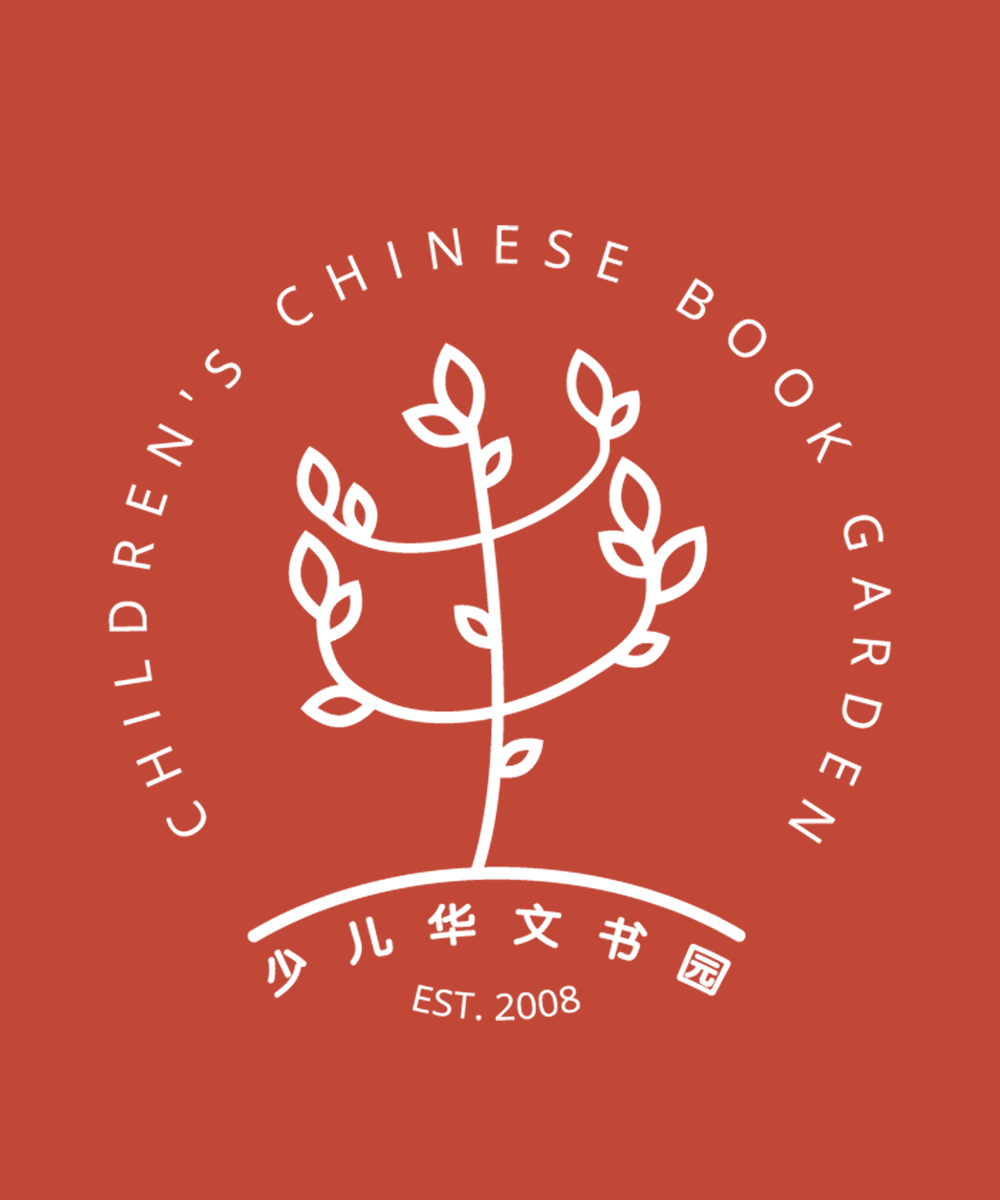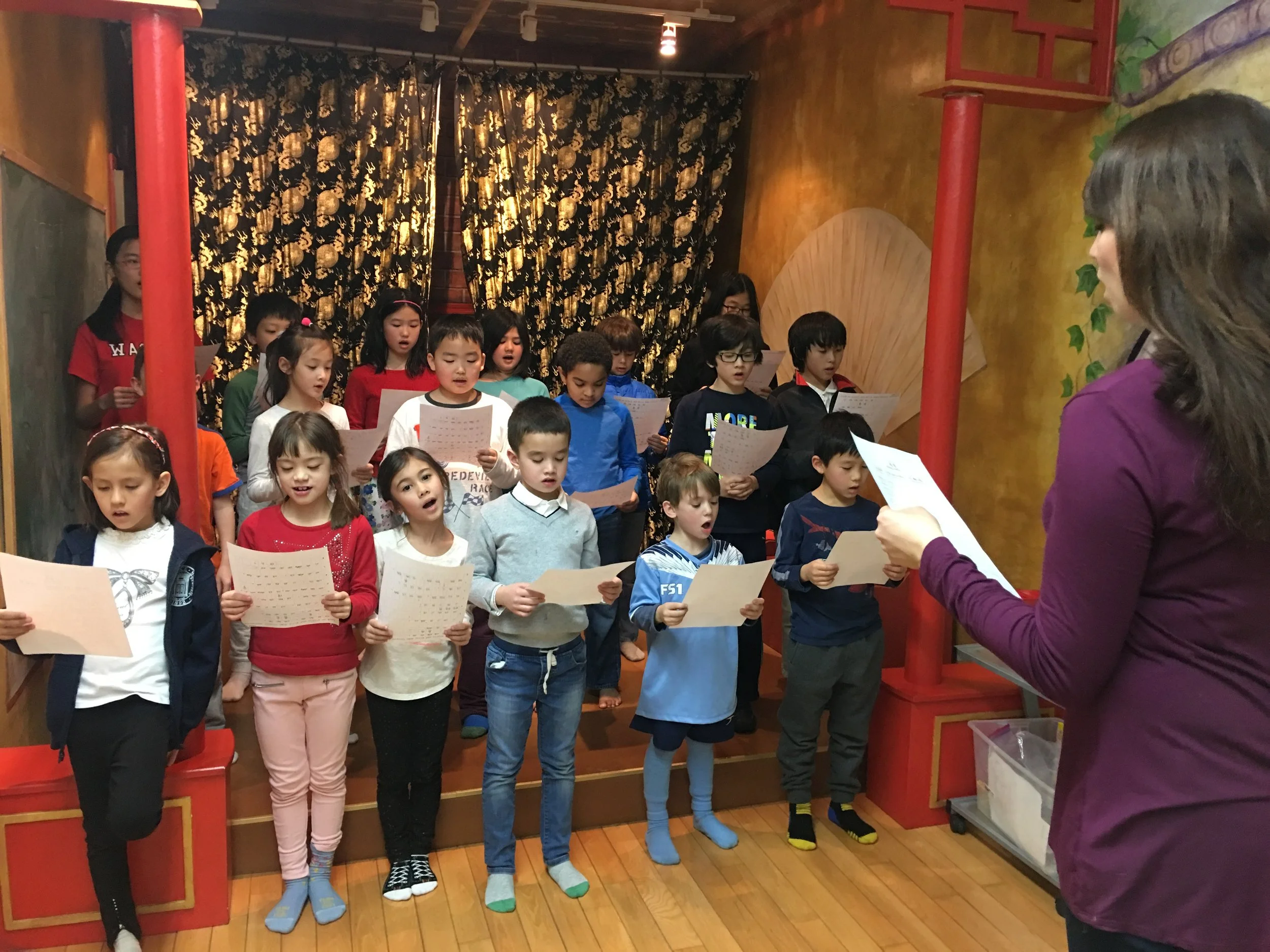Chinese Songs
CCBG Song Collection
as well as famous translated song.
BACKGROUND: Songs (#1, #2) from the period from the Qing Dynasty to the New Republic (1911-1930's), in which China just ended its 2,000 year old system of dynasties and entered its first Republic of the People, echo the sentiments of the people due to the changes and uncertainties at the societal and individual levels. The Cultural Revolution began in 1966 and ended in 1976, which made the 1980's another turning point in China's modern history. Genres of songs (#3, #4) from this era are more "modern" compared to songs from the Cultural Revolution.
SONG #1: 送别 (Farewell)
Music: John P. Ordway | Chinese Lyrics: Li Shutong (李叔同)
Li Shutong was one of the most influential intellectuals and artists of his era. He lived between the two worlds — the old and new China. As a man of the old China, he entered an arranged marriage in his late teens. As a man of the new China, he studied abroad in Japan at the time that the works of American composer John P. Ordway was introduced into the country. It is said that Li was so moved by the melody of Ordway’s “Dreaming of Home and Mother” that upon returning to China in 1915 he wrote “Farewell” in the tune of Ordway’s original work.
It is also during Li’s time abroad in Japan where he fell in love with a Japanese girl who became his second wife. Upon bringing his second wife back to China with him, his first wife, now as a lady of a new era in China, would not accept the reality and contended his second marriage.
Like many Chinese at the time, Li also lost his family fortunes during the chaos as China was making the transition. He later became a monk at the prime of his life and spent the rest of his life studying Buddhist scriptures. “Farewell” expressed his sadness of departing from his friends as well as the world he used to know, it also echoes the general mood of China at a time of historical transition.
Subtitles: Traditional Chinese
Subtitles: Simplified Chinese, Pinyin
SONG #2: 卖报歌 (Selling Newspapers)
Music: Nie-Er (聂耳) | Lyrics: An-E (安娥)
While the new republic allowed certain individuals to gain freedom, dignity and a new way of living, many people still lived hard lives. As a young composer working in the 1930’s Shanghai, Nie-Er (聂耳) was getting off the bus one day on his way to work when he spotted a nearby newspaper girl. Her newspapers were all splattered on the ground because someone had bumped into her. Nie-Er walked over to help this little girl pick up her newspapers and learned from her that she’s only 10-years old, and she had to sell newspaper to help support her sick father.
Touched by this little girl’s spirit, Nie-Er told her he would write her a song that she can sing to attract customers on the street. Soon afterwards, a song-singing newspaper girl was seen on the streets of Shanghai.
Subtitles: Simplified Chinese
SONG #3: 熊猫咪咪 (Panda Mimi)
Music & Lyrics: Hou Dejian (侯德健) (1984)
In the early 1980's, the rare event of "bamboo blossoming" that occurs only once in several decades (sometimes even longer) happened in the Sichuan province of China. While the blossoming of plants are usually welcomed, bamboo blossoms are not, because the flowering signals the end of a bamboo forest's life cycle, and as a result, the bamboo forest that fed the wild pandas populating the province withered away with the blossoms causing a massive famine for the beloved pandas.
With the wild pandas starving to death, people were desperate to help. So, in an effort to raise public awareness of this event and to rescue the cuddly pandas, a popular Taiwanese singer of the time by the name Hou Dejian (侯德健) wrote this song and it was made popular by the then young pop star, Cheng Lin (程琳).
The song declares the loving bond between humans and animals (in this case, the cute pandas) inhabiting this planet, and that humans care about the welfare of the animals like we do our fellow humans. The message of this song was sensational and became a breath of fresh air for the Chinese people who just came out of a decade of cultural revolution when all songs were one way or another themed with the color red.
The original version performed by Cheng Lin (程琳) in the 1980's.
A modern version performed by Yang Huiyan (杨慧妍).
SONG #4: 小世界 (It's A Small World)
Music: Robert B. Sherman & Richard M. Sherman (1962) | Lyrics: Charles Li (2017)
Easily recognizable and has been claimed to be the single most-performed and most-translated piece of music on Earth, "It's A Small World" was originally created as a part of an album featuring soundtracks from the "Children of the World" attraction at Walt Disney Studios in Burbank. Walt Disney was so impressed with this song that he renamed the attraction "It's a Small World" after the Sherman brothers' song. The Sherman brothers wrote this piece in the wake of the 1962 Cuban Missile Crisis, which influenced the song's message of peace and brotherhood.
This version of the song is performed without its melody with vocals by our teachers.
CCBG Choir’s performance for the Brooklyn Music Conservatory's 2021 Lunar New Year Celebration.
Other Chinese Classics
月亮代表我的心 (The Moon Represents My Heart)
This song is a famous classic song from 1979 performed by Taiwanese pop singer, Teresa Teng (邓丽君). Known for her folk songs and romantic ballads, Teresa Teng was a music icon of her times, recording songs in her native Mandarin but also in Taiwanese Hokkien, Cantonese, Japanese, Indonesian and English.
雪绒花 (Edelweiss)
"雪绒花" (performed by Tang Hongfei) is the Chinese version of the song "Edelweiss" from the musical "The Sound of Music" (1965). This modern twist of a classic song is especially appropriate as we celebrate the Lunar New Year from every corners of the world, yet, we still send our blessings to our homeland.
The Song of Peony
Peony is the National Flower of China. This beautiful song tells you how Chinese people love peonies for their abilities to thrive in very low temperatures and at the same time look beautiful.
My Beautiful Prairie is My Home
Sung by a famous Chinese Soprano Dede Ma (德德玛), this song brings us to the beautiful prairie of Inner Mongolia, home of many Chinese who love this land. It reminds us the landscape and ethnic diversity in China.

